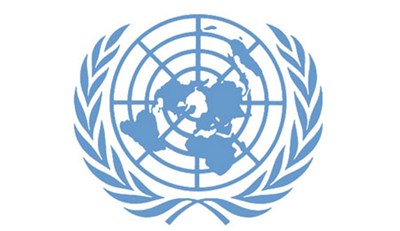
On 12 June 2019, the United Nations Special Rapporteur Clement Voule issued a report (A/HRC/41/41) on the rights to freedom of peaceful assembly and association in the digital era. The International Center for Not-for-Profit Law has created an unofficial summary of the report here. In its introduction, ICNL notes:
As technology plays an increasingly vital role in the freedom of assembly and association, the Special Rapporteur finds that many governments are not fulfilling their obligations under international law. In fact, government measures restricting online space have become all too common. Furthermore, technology companies act as gatekeepers to people’s ability to exercise these rights, creating new issues. The report addresses these challenges, with a focus on developing guidance to preserve and expand the digital civic space.
In its summary of the Special Rapporteur’s report, ICNL notes the following regarding “digital technology companies,” and I think it’s worth highlighting in particular:
Digital technology companies, particularly social media companies, have become gatekeepers, controlling people’s ability to exercise assembly and association rights online. The role these companies play has created new risks or exacerbated challenges. The Special Rapporteur finds that these platforms’ policies and algorithms may undermine the rights to freedom of peaceful assembly and of association, despite some attempts at improvements. The Special Rapporteur is particularly concerned that social media’s content policies seem to affect those with a public profile in a disproportionate manner, placing activists and those calling for mass mobilization at risk of facing arbitrary content removal and account suspension or deactivation. Compounding this problem is social media companies’ increasing use of algorithmic systems to flag content for takedown and determine findability. In the words of the Special Rapporteur: “Algorithmic systems have the power to silence stories and movements, prevent civil society actors from reaching a wider audience, and reinforce echo chambers or reproduce bias and discrimination, to the detriment of democratic development. These measures can also have a disproportionate effect on already marginalized or at-risk groups.”
